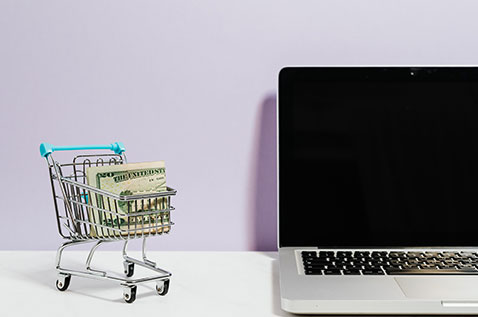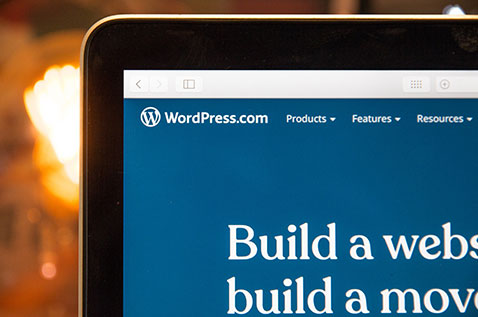Maintaining and increasing the security of your website
If you run a website, you understand that the security of your page should be viewed as a priority. Depending on the type of site it is, and the data it collects, a security breach can be very dangerous, exposing you and your page users to great risks.
However, users do not always have time to worry about site security, deferring important actions that can make a difference in case of a cyber attack, for example. Today we leave you a list of actions to take to maintain and enhance the security of your site:
Keep the website up to date.
Platforms such as Joomla, Magento and Wordpress send e-mails whenever there is a new update to be made on the sites. Failure to update websites makes them vulnerable to cyber attacks and more likely to be at risk of being used for illegal purposes. This is because these updates usually fix weaknesses and add functionalities to previous versions, preventing the site from being hacked by hackers, blocked domain, among others.
Be cautious of access permissions
This point is particularly relevant if several people access the back-office of the site. There are several levels of permission (for example, administrator, manager, user) that should be used based on the actual level of access the person needs to perform their job. Bottom line: Do not give everyone an administrator level, this will contribute to the insecurity of your site.
Beware of malicious code
Always use plugins, fonts, layouts, and other resources from reliable sources. Entering malicious or corrupt code on your site can contribute to security breaches and even jeopardize your positioning on Google.
Perform backups
Making backups regularly is one of the most basic steps to protect the security of your site. However, it is one of the most overlooked. Keep a backup of all site elements, as well as emails, files, databases, etc. Some systems automatically back up with the correct regularity.
Purchase an SSL Certificate
An SSL Certificate consists of code implemented on the server that allows communication encryption. This certificate is used, in most cases, on sites that need to ensure security in the manipulation and transfer of data, such as online stores, banks, government sites and others. Internet browsers like Google Chrome notify users about the security of websites, so the SSL certificate is of great importance.
With an SSL certificate, the site will display some visual symbols, such as "Secure" and the image of a green lock. Google also favours secure sites with SSL certificates.
These are just a few of the steps you must take to keep your site secure. Remember that the security of a website should not be seen as optional, but something essential.





